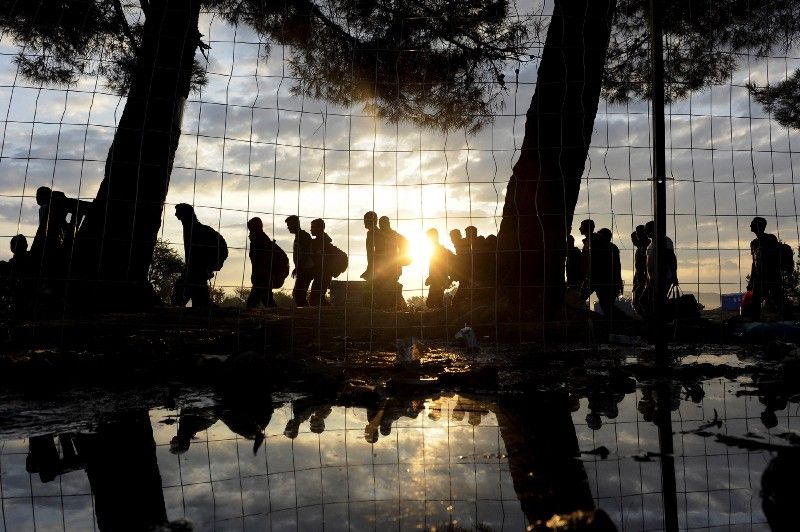May 01, 2018
The cherry blossoms aren’t the only thing that flower anew every spring. Around the world there are several international crises and conflicts that reliably heat up as the weather changes. Here’s a look at three important ones to keep an eye on in the coming months:
In Afghanistan, when the snows melt, the fighting gets worse. The Taliban have already begun their perennial “spring offensive” and fresh violence could doom already fragile hopes for a new political breakthrough. Earlier this year, the weak US-backed Afghan government offered a comprehensive peace to the Taliban, but the group has refused to put down its arms or talk with Kabul until US forces leave the country — which isn’t in the cards. With Islamic State affiliates also increasing attacks, the situation in Afghanistan will only deteriorate further in the coming months.
Warmer weather also means more refugee flows across the Mediterranean to Europe. While those flows have fallen since Italy and Libya reached an accord on controlling migrant smuggling in early 2017, fresh political uncertainty in Libya could make things more difficult this summer, and even a modest uptick in arrivals will ensure that refugee policy remains a hot-button issue across Europe. Nowhere is that more true than in Italy itself, which has yet to form a government after an election defined by anti-immigrant furor.
Lastly, to Nigeria, where clashes between nomadic herders and farmers in the central and southern parts of the country have left nearly 10,000 dead since 2011. Desertification of pasture lands in northern Nigeria has forced herders to stay in central zones deeper into the spring, leading to conflict with local farmers. The violence, which now rivals the war with Boko Haram in severity, is likely to affect Nigeria’s 2019 presidential election — it is concentrated in several swing states. President Muhammadu Buhari, who is seeking re-election, has been slow to react.
More For You
Tune in on Saturday, February 14th at 12pm ET/6pm CET for the live premiere of our Global Stage from the 2026 Munich Security Conference, where our panel of experts takes aim at the latest global security challenges.
Most Popular
Think you know what's going on around the world? Here's your chance to prove it.
- YouTube
At the Munich Security Conference, the mood is clear: Europe no longer assumes the United States will lead. In this Quick Take, Ian Bremmer reports from Munich, where this year’s theme, “Under Destruction,” reflects growing anxiety that the US itself is destabilizing the transatlantic alliance it once anchored.
Every year, the Munich Security Conference, the world’s leading forum on international security, releases data that sheds light on how citizens view global risks.
© 2025 GZERO Media. All Rights Reserved | A Eurasia Group media company.
